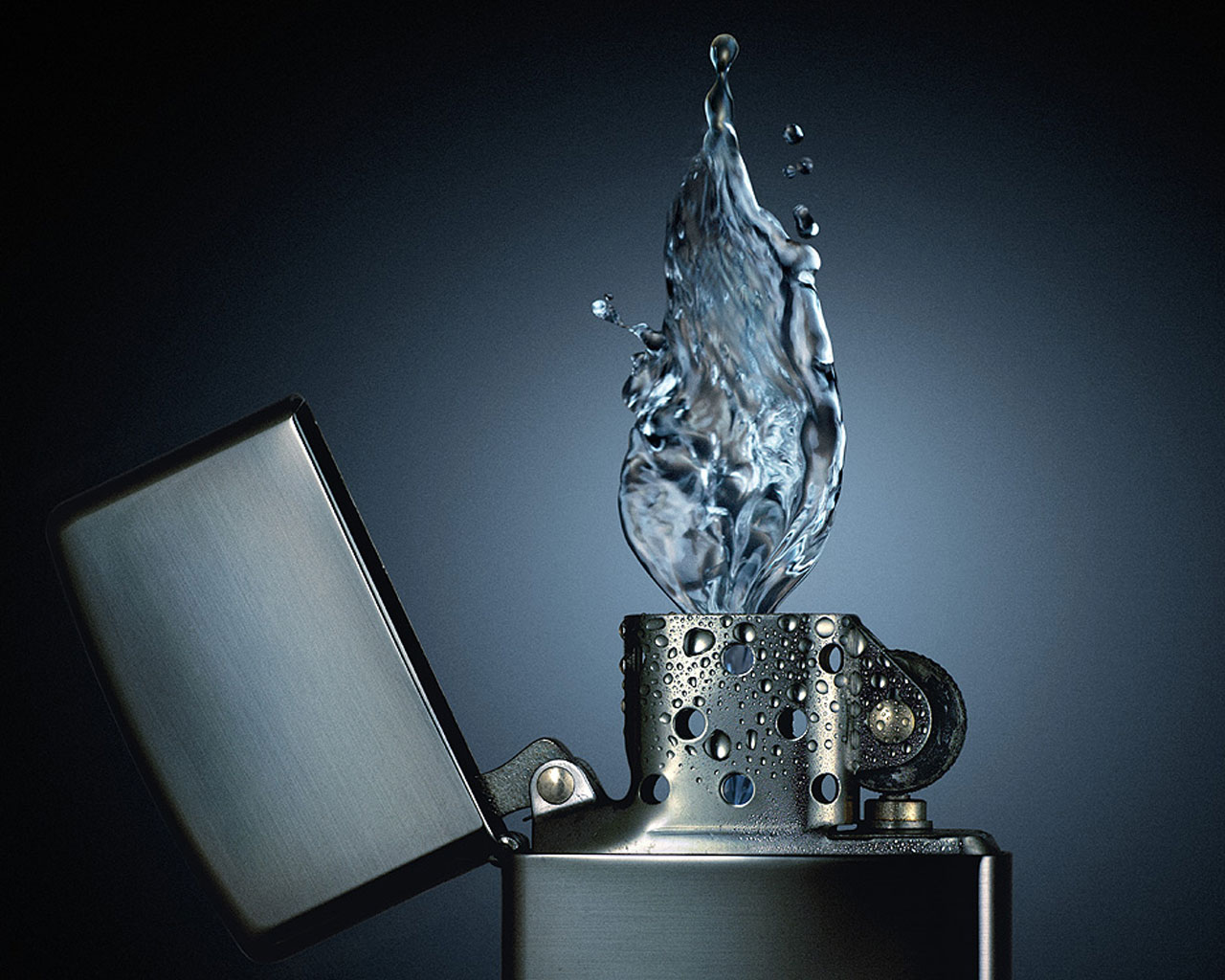=Pyr-O-Rgasm,Dec 6 2005, 12:51 PM]
Who are you to judge what is "normal"? Who made you God? Who put you in the position to say what is "normal". Normal is nothing but a state of mind. It isn't an actual guideline unless you make it one, and then, you're and ignorant

, or just an

.
NORMAL IS A STATE OF MIND?
For some of us--that is correct.
NORMAL: conforming with or constituting a norm or standard or level or type or social norm; not abnormal
What is listed below does not even take into consideration that the Law states that juveniles are not to injest ANY non-prescribed drugs.
When does “normal” drinking or drug use become a problem?
In most cases, someone who is dependent on alcohol or drugs does not recognize that they have a problem.
If you find the answer is “yes” to even two or three of the questions below, you should seriously consider the possibility that your alcohol or drug use is a problem. If there are more than a few “yes” answers, seek help now.
Yes or No
1. Do you ever drink heavily or get high when you are disappointed, under pressure or have had a quarrel with someone?
2. Do you sometimes feel guilty about your drinking or drug use? Do you do things while under the influence that you wouldn’t do otherwise? Do you find yourself regretting them later?
3. Do you tell yourself you can stop drinking or using drugs any time you want to, but you keep getting drunk or high when you don’t intend to?
4. Has a family member, friend, or your employer ever expressed concern or complained about your drinking or drug use?
Are you annoyed by their concern? Do you become defensive?
5. Do you sometimes have the “shakes” in the morning and find that it helps to have a “little” drink, tranquilizer or medication of some kind?
6. Do you ever wake up the morning after with no memory of the night before? Have these “blackouts” become more frequent?
7. Do you find yourself lying to your spouse, your kids, your friends, your employer to cover up your drinking or drug use - - though you really don’t like lying?
8. Have you had financial, work, family or legal problems as a result of your drinking or drug use?
9. Do you drink or get high while alone?
10. Have you driven a car while intoxicated or in a drug-induced haze? Have you ever been arrested for driving under the influence of a substance?
11.
Have you been drunk or high more than four times in the past year?
12. Do you need to resort to alcohol or drugs in order to do something (start the day, work, have sex, or socialize, for example) or to change how you feel (sad, scared, anxious or angry), to banish shyness or bolster confidence?
13. Do you notice you have an increased need for more alcohol or more of your drug of choice in order to feel high?
14. Do you sometimes feel uncomfortable when you have to be somewhere where no alcohol or drugs will be available? When drinking with other people, do you try to have a few extra drinks when others won’t know about it? Do you keep going when everyone else has had enough?
15.
Are most of your friends or acquaintances people you drink or get high with? Do you try to avoid other friends and family when you’re drinking or drugging?
16. Has your drinking or drug use led to conflicts with your friends or family members? Do you regularly hide alcohol or drugs from those close to you so that they will not know how much you are using?
Symptoms of chemical dependency
The preceding questions represent some of the symptoms of chemical dependency.
Generally speaking, chemical dependency is the repeated use of a physical substance (alcohol, cocaine, marijuana, prescription drugs) that causes trouble in the user’s personal, professional or family life.
When a chemically dependent person drinks or uses, they can’t always predict when they will stop, how much they’ll drink or use, or what the consequences of their drinking or drug use will be.
Archived topic from Iceteks, old topic ID:3986, old post ID:32894






